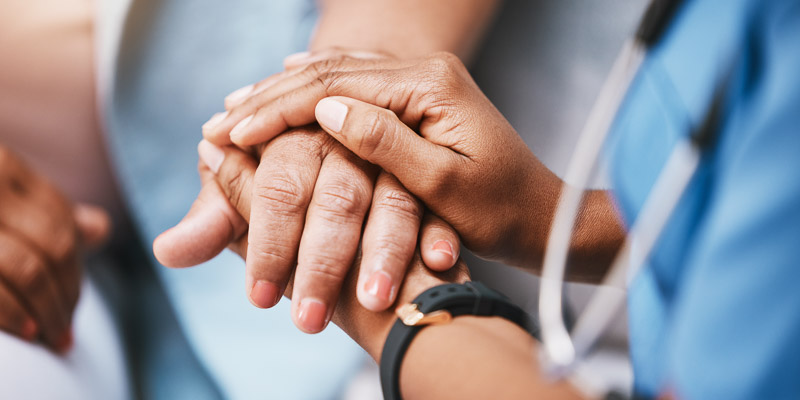
Cancer Resources
About
You’ve already been through one difficult experience: the cancer diagnosis. You know what a gut-wrenching, life-changing situation it was. But now you may be wondering what’s next – what can you expect from the doctor’s appointments, treatment procedures, side effects and more? If you’re worried about any of these items, Hunt Regional Healthcare is here to set you at ease.
Patient Information
What to Expct After a Cancer Diagnosis
What Loved Ones Can Expect After a Cancer Diagnosis
Hearing “you have cancer” affects not just the cancer patient, but loved ones like you. It can be intimidating and challenging to face a cancer diagnosis with a friend or family member who is going through a wide range of emotions. What role should you play as they begin their cancer treatment? How can you help? And what can you do to cope with the situation yourself? As you embark down this new road with your loved one, keep the following information in mind.
